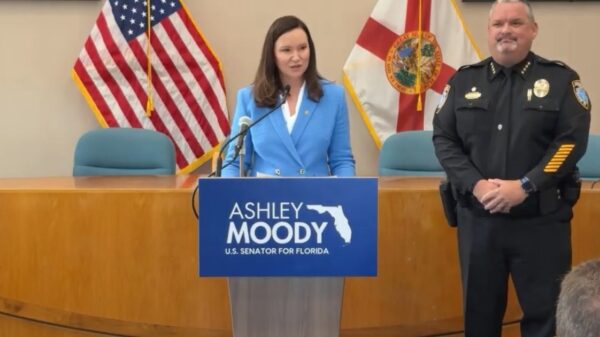Florida Attorney General Ashley Moody announced this week that she took legal action against a Tampa-based solar company and its owners for scamming hundreds of consumers, including seniors, persons with disabilities and veterans.
According to the consumer protection investigation, MC Solar and Roofing, and owners, Armando Almirall, Raman Chopra, and Michael Crowder, used a variety of sales forces, misrepresentations and finance companies to induce consumers into entering expensive residential solar agreements. After securing the financing, the defendants then paid themselves without completing installations, and in some cases, even damaged consumers’ homes.
“MC Solar and its owners scammed hundreds of Floridians, including seniors, persons with disabilities and veterans. Their deceptive and unscrupulous business practices were extreme, from abandoning contracts and damaging homes to forging applications, causing liens on homes and even threatening consumers with legal action—all to unjustly enrich themselves and fund a lavish lifestyle. We are taking legal action to permanently ban these scam artists from ever conducting business in Florida again and seeking restitution for consumers,” said Moody.
According to the civil complaint, MC Solar performed all steps to market and commit the consumer into a solar contract, then took money without installing solar systems or abandoned the job in various stages. Additionally, the defendants damaged many consumers’ homes with reckless and defective performance. When systems did get installed, they did not pass inspection and/or did not connect to the electrical grid.
Defendants promised systems to be fully operational within weeks to a few months; however, the defendants neglected the contracts and failed to respond to consumers’ repeated phone calls, emails and text messages. One consumer reportedly waited on hold with the company for more than seven hours. Frustrated consumers also visited the Tampa office, to which the defendants fled and locked the doors.
The investigation further revealed MC Solar enticed consumers with federal tax incentives, guaranteed 25-year warranties and misrepresented financing costs and interest rates. Many consumers ended up owing monthly payments on costly loans and some consumers even paid out of pocket to make systems operational. The company also failed to pay third parties, causing claims of liens on consumer property. When some consumers cancelled agreements, the defendants hired an attorney and sent demand letters with increased invoices and attorney fees. Records show the defendants transferred funds from the company account to personal accounts, including accounts belonging to friends and family members.
The defendant’s actions violate Florida’s Deceptive and Unfair Trade Practices Act, the Florida Home Solicitation Sale Act and other Florida Statutes. The civil action seeks to permanently ban the defendants from engaging in certain activities related to the solar business. The action also requests injunctive relief, restitution and civil penalties.




















